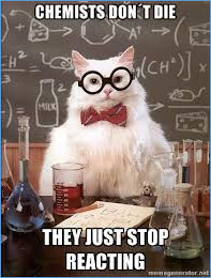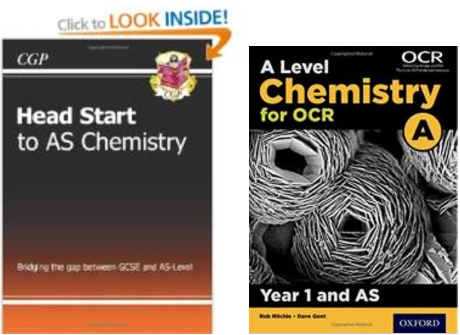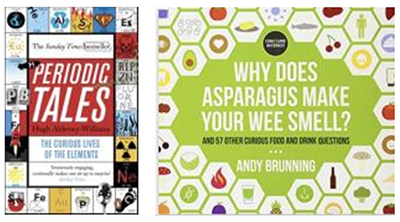








AS Course Outline
What is Chemistry?

Chemistry is the study of the composition and reactions of all substances. Chemists explain their observations of the nature and behaviour of substances in terms of the structure and arrangement of their particles: atoms, molecules or ions.
Amongst many topics we study the importance of chemistry in the pharmaceutical, agricultural and technology industries and how the development of new technology can reduce the effect of global warming.
The AS-level syllabus includes material intended to enhance the understanding of contemporary issues which are frequently in the media. This includes ‘green’ chemistry, fuel cells for powering electric vehicles, chemotherapy treatments and biochemicals used to fight viruses.
Which degree courses will Chemistry enable me to study at University?
What do I need for the course?
| CHEMISTRY (OCR) Summary of Content at AS | ||
|
Course Content |
||
| Module 1: | Development of Practical Skills in Chemistry | |
| Module 2: | Foundations in Chemistry - including electronic structure and bonding; acid-base and redox reactions; mole calculations | |
| Module 3: | Periodic Table and Energy - including periodicity; enthalpy changes; reaction rates and chemical equilibrium; qualitative analysis | |
| Module 4: | Core Organic Chemistry - including hydrocarbons, alcohols and haloalkanes; organic synthesis; analytical techniques (IR and MS) | |
Structure of the Course
This course will be taught via 5 lessons per week. Weekly practical sessions are a key part of the course and practical skills will be developed and assessed in these lessons. Homework is set after each lesson and used to consolidate learning. Mock exams take place once a month.

Introductory reading
CGP Head Start to AS Chemistry
Useful Texts
A-Level Chemistry for OCR Student Book (Year 1 and AS)
Rob Ritchie, David Gen
Calculations in AS/A level Chemistry
Jim Clark
Further Reading
Stuff Matters: Exploring the Marvellous Materials That Shape Our Man-Made World
Mark Miodownik

Why Does Asparagus Make Your Wee Smell? And 57 other curious food and drink questions
Andy Brunning
Periodic Tales: The Curious Lives of the Elements
Hugh Alsersley-Williams